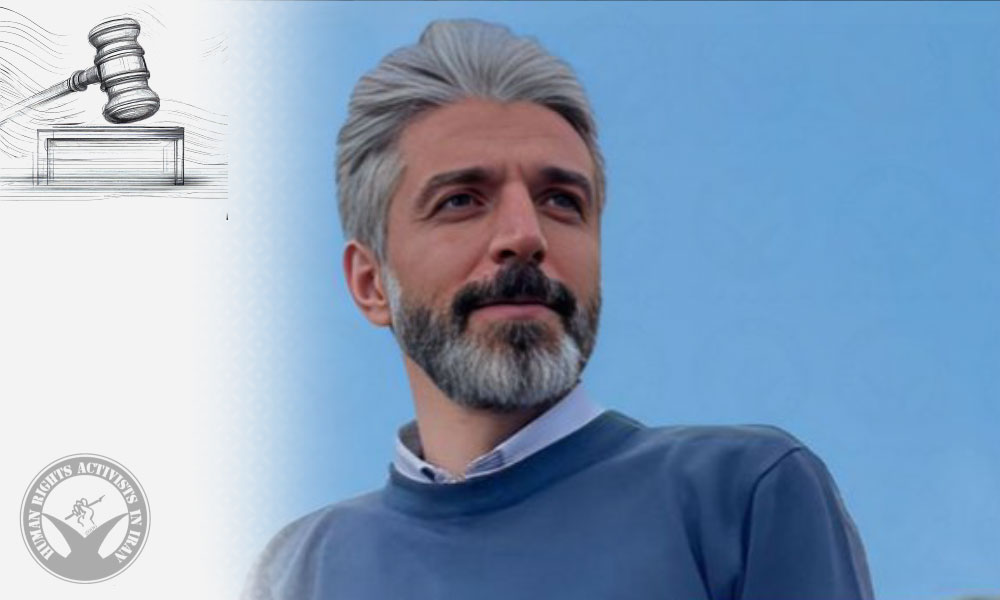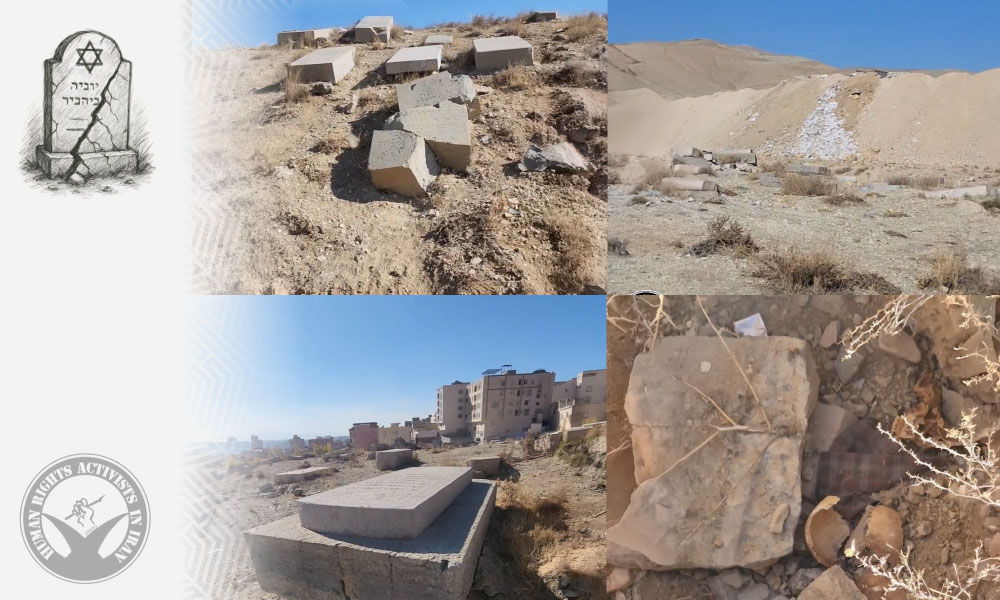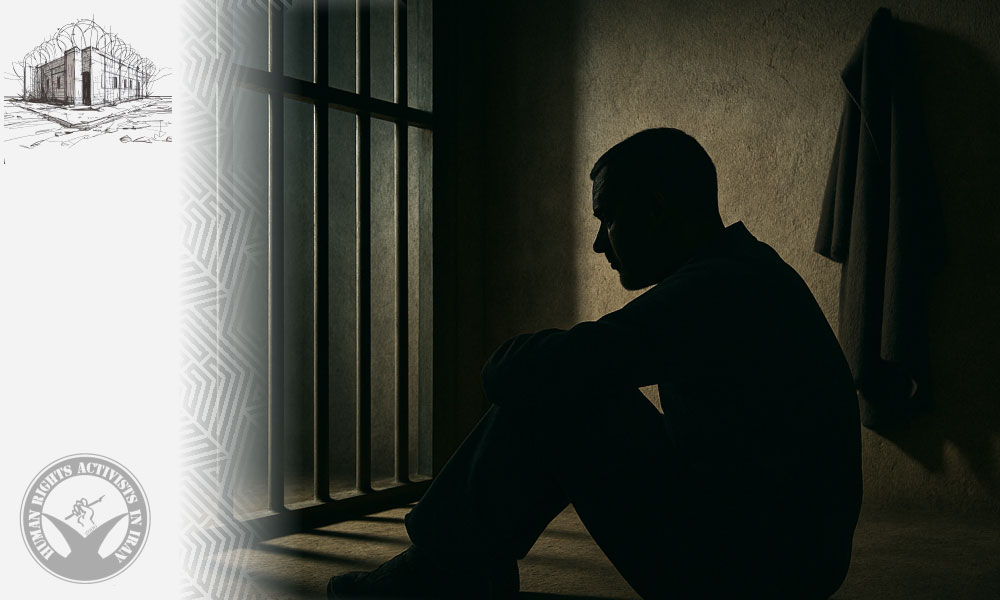Human Rights Activists News Agency (HRANA) – In Rajai Shahr Prison, the effects of a 49-day-strong hunger strike have begun to take hold on Sunni prisoner Hamzeh Darvish: hypotension, a 29-pound weight loss, and chest and abdominal pains that have left him speechless.
A source close to Darvish’s family told HRANA that he would end his hunger strike on two conditions: that his reconsideration petition is tried in the Supreme Court, and he is granted legal representation. “No action has been taken on those demands yet,” the source said.
According to the source, Rajai Shahr Prosecution Representative Rostami deferred the reconsideration decision to the Ministry of Intelligence. Barring cooperation with them, Rostami reportedly said, Darvish’s sole recourse is “suicide.”
Hamzeh Darvish has not eaten since September 23rd. After announcing his hunger strike that day, he was reportedly held in solitary confinement for three days.
Residing far from Karaj, Darvish’s family is rarely able to afford the transport costs to see him. Meanwhile, Rajai Shahr authorities have placed restrictions on his extra-prison contacts.
In response to a prior hunger strike — protesting a lack of due process in his judicial proceedings — Prison Director Gholamreza Ziaei, Rajai Shahr Deputy Vice President Esmaeili, and Security Director Zolfali beat Darvish black and blue, sent him to the quarantine ward for three weeks, then transferred him to the coroner’s office in handcuffs and shackles.
Hamzeh Darvish was reportedly lured to Syria by ISIS (Daesh) agents in 2014, where he was transferred to the Islamic State’s prison in Raqqa before fleeing to Iran. In hopes of remaining free by posting bail or pledging allegiance to Iran — after which he planned to earn a living as a quail farmer — he turned himself in to the Iranian security forces. A short while later, however, he was back in custody facing an 18-year prison sentence.
Darvish told his story in an open letter published August 2017, in which he asked human rights advocacy groups for help.
He emphasized in his letter that his appeal request was essentially ignored and that Article 134 of the Islamic Penal Code permits his release in year 15 of his 18-year sentence.







